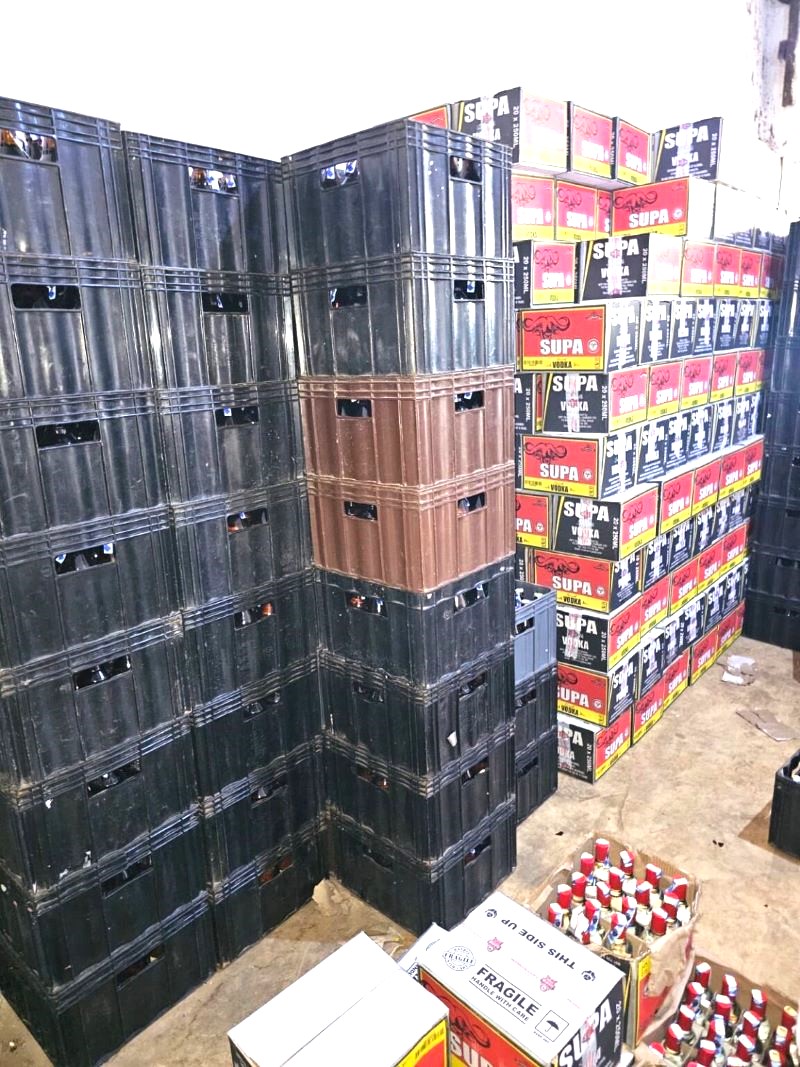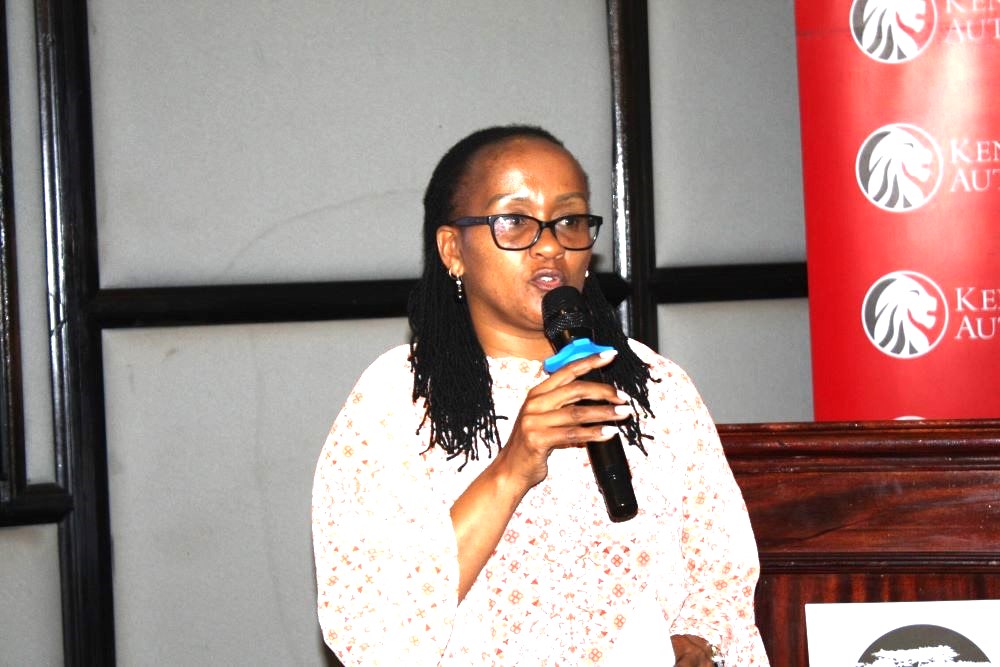Secondary schools that register peak performance in KCSE through genuine means know that data does not lie. Therefore, the staff sits, analyses data, which informs the critical academic decisions made by the powers-that-be in the institution.
In the Masterclass Blueprint, the polymath Paul Wanyonyi recommends that the academic teams should collect and collate data in the candidate class, which should be analysed in order to ascertain the academic standing of the class.
The data can also be used to rate the success of the academic programmes put in place. Therefore, the data informs new instructional approaches. It also aids the Form Four dream team to identify the glaring weaknesses of students. Through it, they identify and fill yawning gaps.
In the whole of things, these are some of the data schools should analyse to inform their decision-making patterns.
- Syllabus Coverage
Generally, the top guns and quality assurance in schools should never forget: Sometimes, people do not do what you expect, but they do what you inspect. This supports the essence of strict supervision and surveillance of what is going on in the institution. Decisions on proper syllabus coverage should abut on the following areas: lesson-attendance book, students’ notes, exam performance, evaluation level and remedial requests.
- Exam Data
It is utterly wrong to serve exams just for formality purposes. In a broader sense, candidates have sat for a serious exams, it should be marked, then analysed in an in-depth manner. The analytical team should focus on: class and subject means, deviations from previous exams, strengths and weaknesses of candidates, gaps identified, demonstration of skills tested, and grade distribution in terms of the head, body and bottom.
Motivation Level
Serious schools monitor levels of morale and motivation in students and teachers. This is because levels of morale and motivation are like fuel in teaching and learning process. It is therefore imperative that the school arrowheads gauge the willingness of students and teachers to go the extra mile. Observation of the body language is of essence. It is important to respond to grievances raised in meetings, assemblies and suggestion box.
- KNEC Reports
Every year, Kenya National Examination Council (KNEC) churns out reports per subject to inform schools pertaining best practices of preparing the subsequent candidate class for KCSE. It behooves the subject teachers to read the reports and implement the recommendations raised by the pundits therein. It is imperative to focus on reasons that caused poor performance the previous year, and come up with possible solutions.
- Review Meetings
Periodic review meetings should be encouraged, for this in turn informs decision making to a great extent. It is right to review the programmes implementation levels. It is advisable to check the need for instructional changes and satisfaction levels.
By Victor Ochieng’
The writer rolls out talks and training services focusing on Best Academic Practices.
Get more stories from our website: Education News
You can also follow our social media pages on Twitter: Education News KE and Facebook: Education News Newspaper for timely updates.






